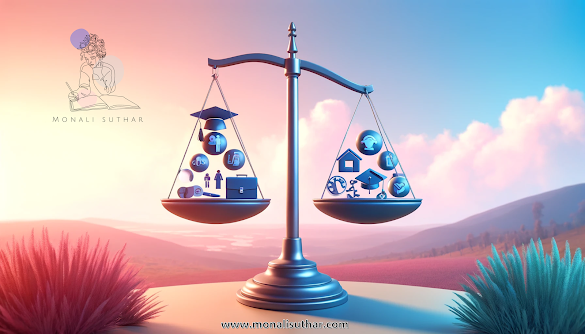Breaking the Chain: How Women Pass Down Trauma in Indian Families—and How We Can Heal
“Why am I never enough?”
“Why do I feel guilty even when I’m doing everything?”
“Why does love feel like a burden?”
These are not just questions. These are inherited wounds. Passed silently, generation to generation—from mothers to daughters, from mothers-in-law to daughters-in-law, especially in India, where generations of women carry unspoken pain like family jewels, wrapped in silence and shame.
Let’s understand why this happens, how it looks, and most importantly, how we can break this cycle and find peace.
🌑 The Generational Cycle of Trauma: How It Begins
Trauma doesn’t always come from big, loud events. Sometimes, it comes from small, daily cuts—unfulfilled dreams, suppressed voices, broken boundaries, emotional neglect, and invisible expectations.
In many Indian households, women are taught to adjust, sacrifice, endure, and serve others first. These values become part of survival. But they also become chains.
Your grandmother might have stayed silent through emotional abuse.
Your mother might have given up her passion to raise a family she was never appreciated for.
Now you feel guilty for wanting something different.
This is generational trauma—wounds passed not through genes, but through behaviors, beliefs, and emotional patterns.
👩👧👧 How Women Pass It On
1. Through Emotional Reactions
A mother who was never taught how to express love may become cold or critical. Her daughter grows up starving for affection or constantly seeking approval.
Example: A mother yells at her daughter for wearing a short dress—not because she hates it, but because she fears what “people will say.” She transfers her fear, not realizing it.
2. Through Expectations
Mothers-in-law often expect their daughters-in-law to “prove” themselves by sacrificing, just as they once did. Not realizing, they are continuing the cycle of suffering.
Example: A woman expects her daughter-in-law to wake up before everyone else and serve tea—even if she works late. “I did it for 30 years. Why can’t you?”
3. Through Silence and Suppression
When trauma is never discussed, it festers. Daughters grow up with emotional confusion, thinking they’re “too sensitive” or “too selfish” for wanting happiness.
🔄 What This Cycle Looks Like
-
Guilt without reason – feeling bad for resting, dreaming, saying “no.”
-
Fear of happiness – believing “good things don’t last.”
-
Strained relationships – especially between women in the family.
-
Loss of identity – living to please others, never knowing who you are.
-
No peace, no joy – just functioning, not living.
💔 The Price We Pay
This trauma doesn't just stay in the heart. It spills into health, mental peace, relationships, and parenting.
-
Emotional burnout – always tired but unable to rest.
-
Anxiety and depression – from feeling “not enough” or “too much.”
-
Parenting through pain – unintentionally passing the same fears to the next generation.
-
Broken marriages – due to unresolved wounds being projected onto partners.
Every woman who suffers in silence unknowingly teaches another to do the same.
🌱 How to Break the Chain and Begin Healing
This is not about blaming our mothers or grandmothers. They did the best they could with what they had. This is about choosing something different for ourselves and those who come after us.
1. Recognize the Pattern
-
Notice your emotional triggers: Where did they come from?
-
Ask: Is this belief truly mine, or was it passed down?
Example: “I must serve everyone before I sit down to eat.”
Ask: “Why? What will happen if I don’t?”
2. Allow Yourself to Feel
-
Cry. Journal. Talk. Let the pain rise. Healing begins where pain is acknowledged.
3. Have Compassion for Your Mother and Yourself
-
Understand she, too, was a wounded daughter once.
-
Forgiveness doesn’t mean forgetting. It means freeing yourself.
4. Set New Boundaries with Love
-
Say “no” without guilt.
-
Respect others, but also respect yourself.
Example: “I love helping at home, but I need rest too. I’ll do it after I recharge.”
5. Talk About It Openly
-
With your daughters. With your daughter-in-law. Start the healing through conversations.
“I used to think crying was weakness. But now I know it’s strength. You don’t have to hide how you feel.”
6. Seek Inner Work
-
Therapy, spiritual guidance, meditation, support groups.
-
Read. Learn. Heal.
🔚 Final Thought: You Are the Shift
You are the first woman in your family who has the awareness, language, and freedom to stop this cycle.
It’s not selfish to heal. It’s the most generous thing you can do—for your mother, your daughter, your home, and for generations yet to come.
✨ Heal yourself, and you heal your family. Heal your family, and you heal the world.
The cycle ends with you.




Comments
Post a Comment